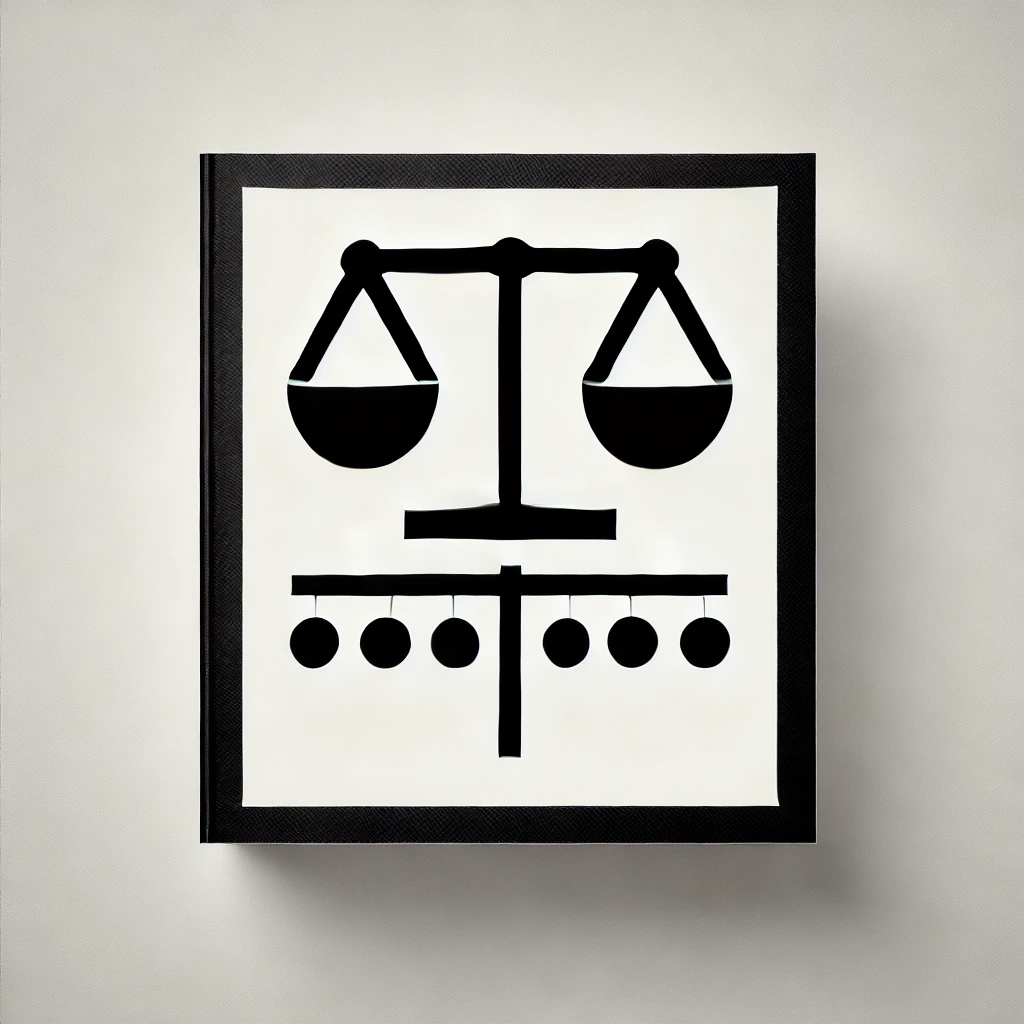Home / Contents / Donations / News / Contact
CNL - Credible Neutrality

Supports:
Context:
In DAOs, particularly those deploying capital through bounties, grants, or investments, the processes governing decision-making must foster trust and impartiality to ensure fairness and maintain community support.
Problem:
Without a structure that is perceived to be impartial and fair, decisions within a DAO can lead to dissent, lack of participation, or manipulation, potentially undermining the organization’s objectives and stability.
Forces:
- Trust: Vital for the continuous engagement and cooperation of DAO members.
- Perception of Fairness: Influences acceptance and support for organizational decisions.
- Bias: Can manifest in decision-making processes, consciously or unconsciously.
- Complexity: Transparent mechanisms can become complex, potentially obscuring true neutrality.
Solution:
To establish Credible Neutrality within a DAO, mechanisms need to be deliberately designed to minimize biases and distribute decision-making power evenly. These mechanisms should employ transparent processes that allow all actions to be scrutinized by any stakeholder. Techniques such as Quadratic Voting, Citizen Voting, and Mica Secret Voting ensure that the decision-making process does not disproportionately favor certain individuals or groups based on their stake or influence, thus maintaining fairness and credibility.
For instance, Quadratic Voting allows for a more balanced consideration of minority opinions by scaling the cost of multiple votes more than linearly, reducing the dominance of wealthy voters or large token holders. The inclusion of secret voting techniques like Mica Secret Voting helps prevent pre-vote collusion and reduces the influence of external pressure on voter choice, ensuring that votes reflect genuine preferences.
Case studies in large-scale blockchain projects like Ethereum have shown that transparent and neutrally perceived governance processes lead to higher engagement and trust among participants. This has been particularly evident in decisions made around EIPs (Ethereum Improvement Proposals), where community sentiment can significantly sway the outcomes in a manner that participants deem fair.
Therefore:
Implement decision-making mechanisms that are transparent, inclusive, and structured to minimize bias, thus upholding the principle of Credible Neutrality. Continuously review and iterate on these mechanisms to adapt to evolving community norms and technological advancements.
Supported By:
